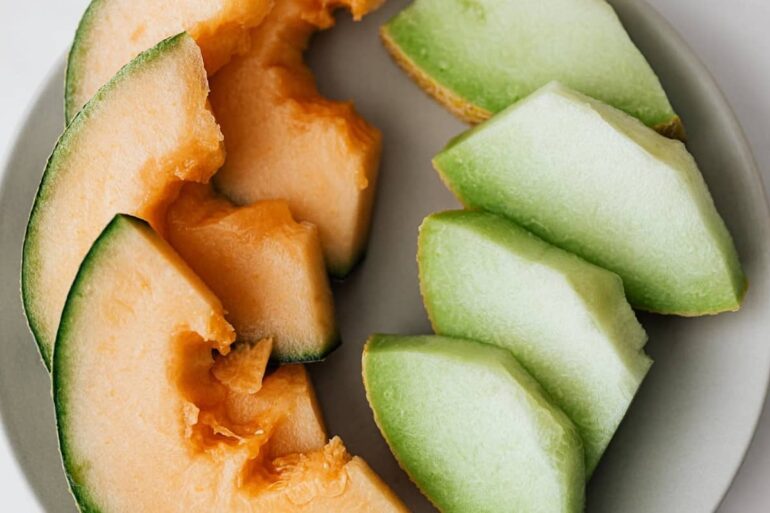Food can be a delicious adventure, but sometimes, it hides some surprising risks.
From sneaky bacteria to unexpected contamination, here are 15 everyday foods that might just turn your next meal into a long trip to the washroom.
1. Raw or Undercooked Eggs

Raw or undercooked eggs can contain Salmonella bacteria, leading to serious food poisoning. This became a major issue in 2010 when a Salmonella outbreak linked to eggs sickened over 1,900 people across multiple states.
So, while that runny yolk might look delicious, it’s a gamble with your gut health.
2. Leafy Greens (Spinach, Lettuce)
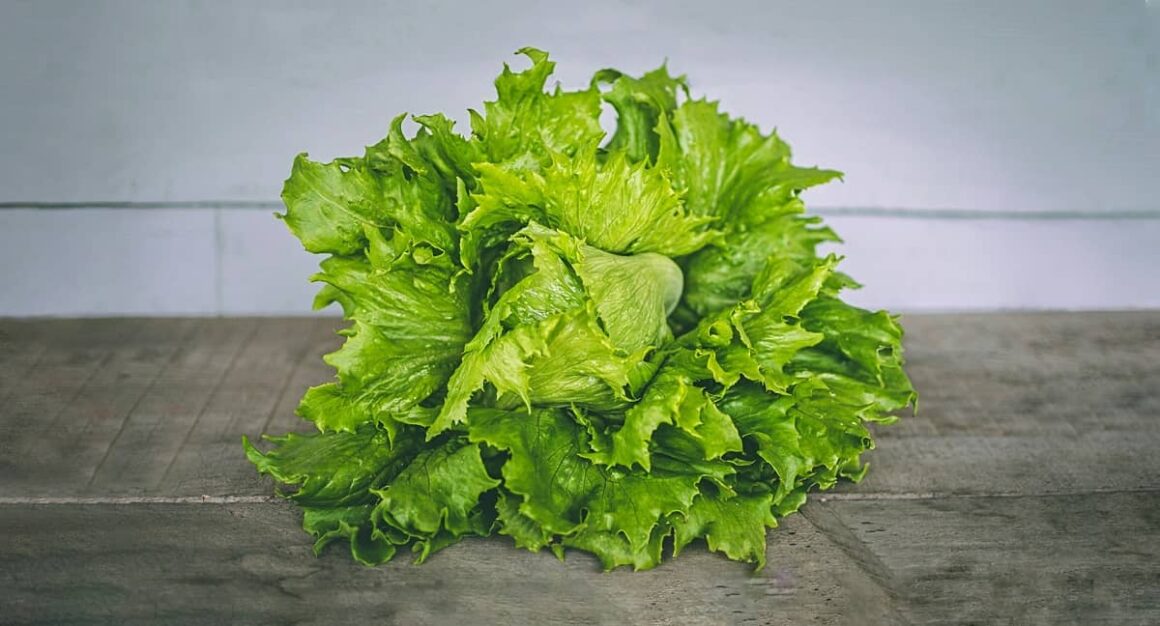
Your healthy salad might not be as innocent as it looks. Spinach and lettuce can harbor E. coli if not washed properly. In 2018, a nationwide E. coli outbreak linked to romaine lettuce affected 62 people. Even Popeye would be cautious!
3. Ground Beef
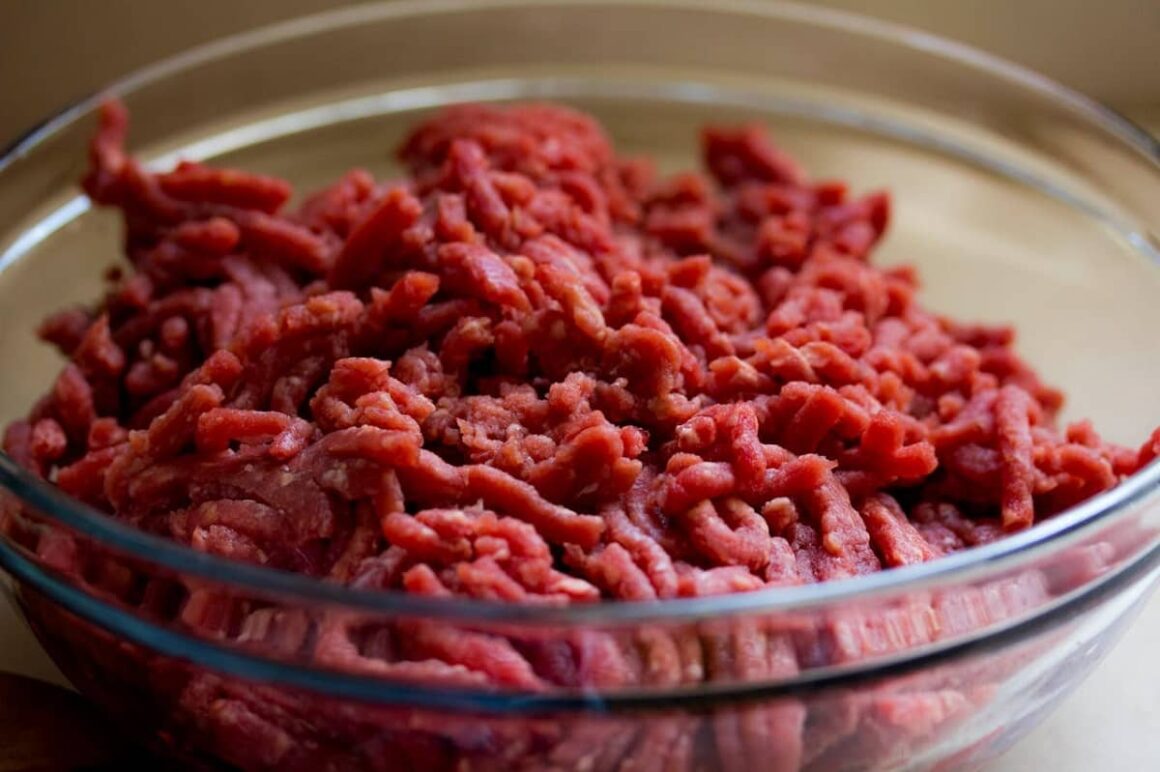
Nothing beats a juicy burger, but undercooked ground beef can be a playground for E. coli. In 2019, over 100,000 pounds of ground beef were recalled. Make sure your patties are well-done to avoid any nasty surprises.
4. Cantaloupe

This sweet melon can be a Listeria magnet. The rough skin of cantaloupe can trap bacteria, transferring them to the flesh when cutting. The 2011 Listeria outbreak linked to cantaloupe caused 33 deaths. Always wash your melons thoroughly!
5. Raw Oysters
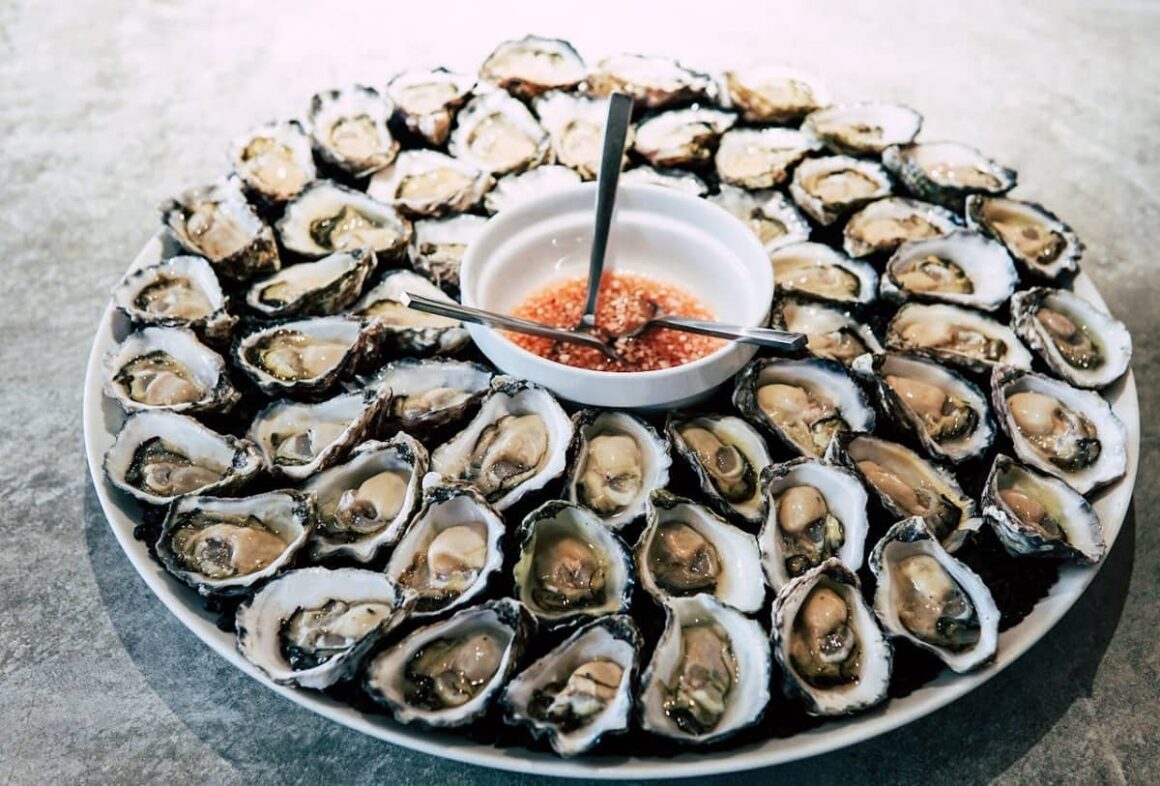
Raw oysters can harbor Vibrio bacteria, which can cause severe illness. Vibrio infections from raw oysters are a recurring problem, especially in warmer months when the bacteria thrive. It’s a risk that raw seafood lovers should always be aware of.
6. Bagged Salad Greens
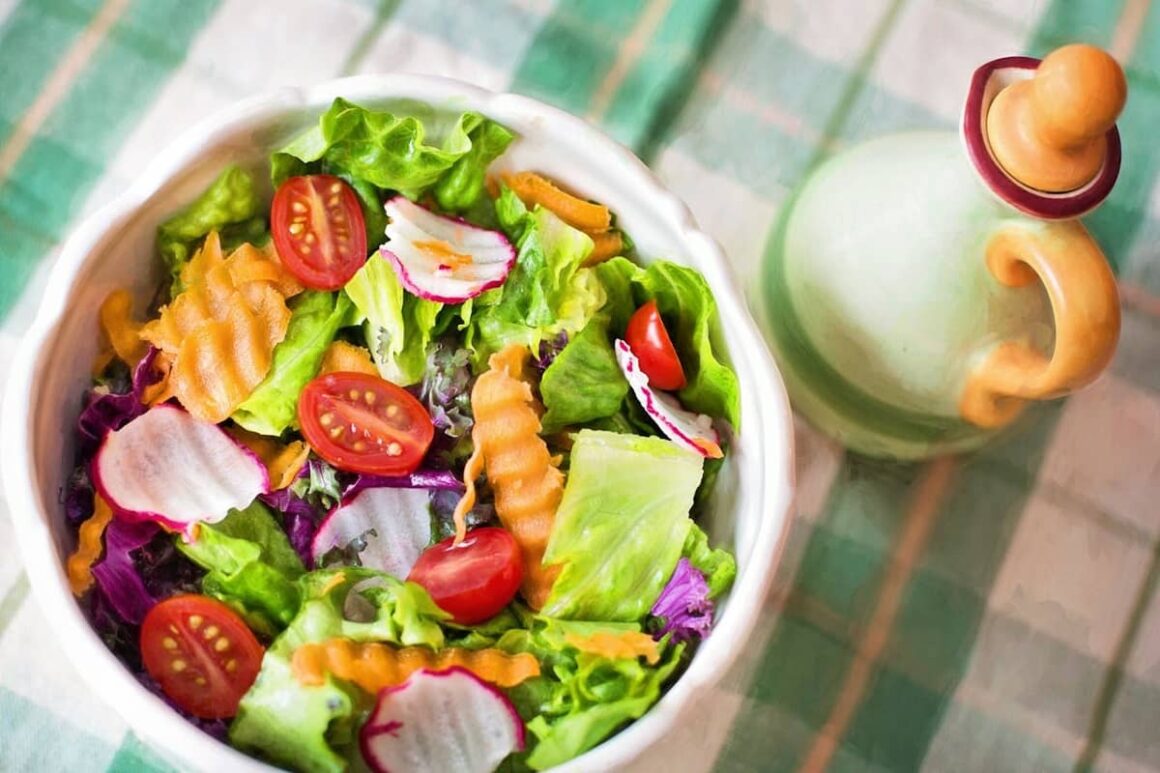
Pre-washed bagged salad greens can still harbor bacteria. In 2020, a Cyclospora outbreak linked to bagged salad mixes affected over 700 people. Even if it says “triple-washed,” giving your greens an extra rinse at home is never a bad idea.
7. Raw Flour
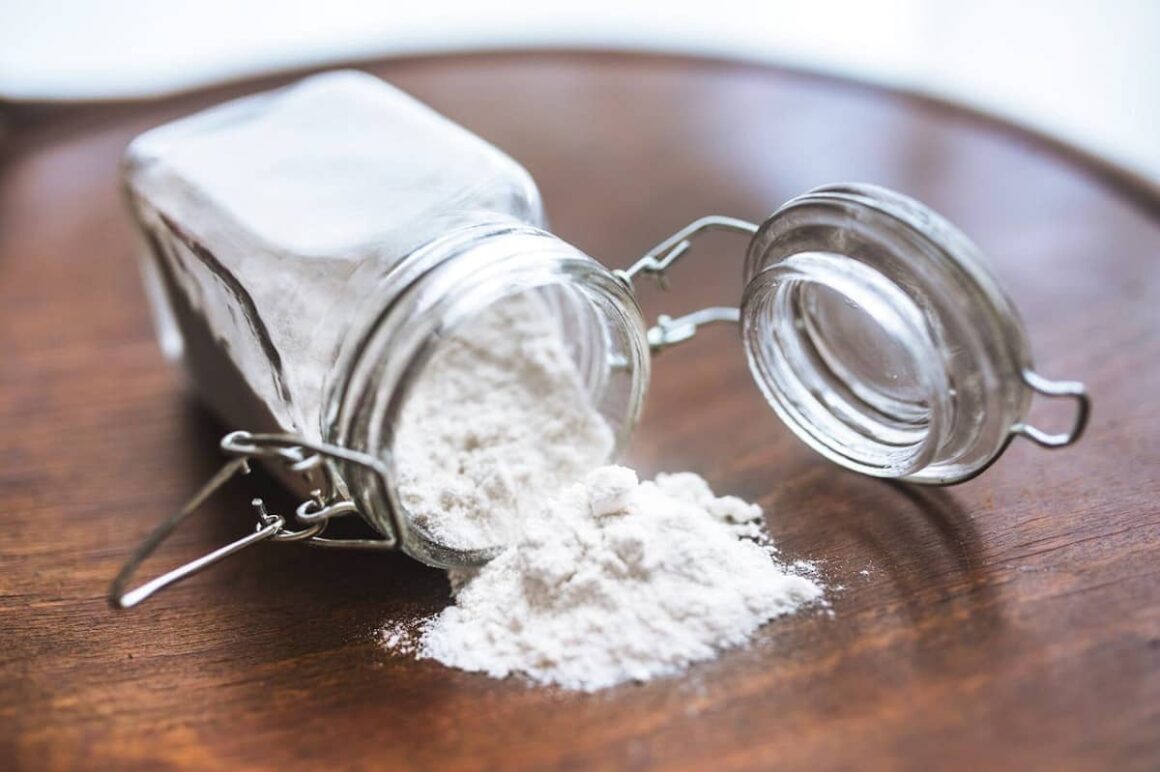
Who knew raw flour could be so dangerous? E. coli can lurk in those powdery grains, making that cookie dough a risky treat. In 2019, several flour brands were recalled due to contamination. Remember, always bake before you taste!
8. Deli Meats
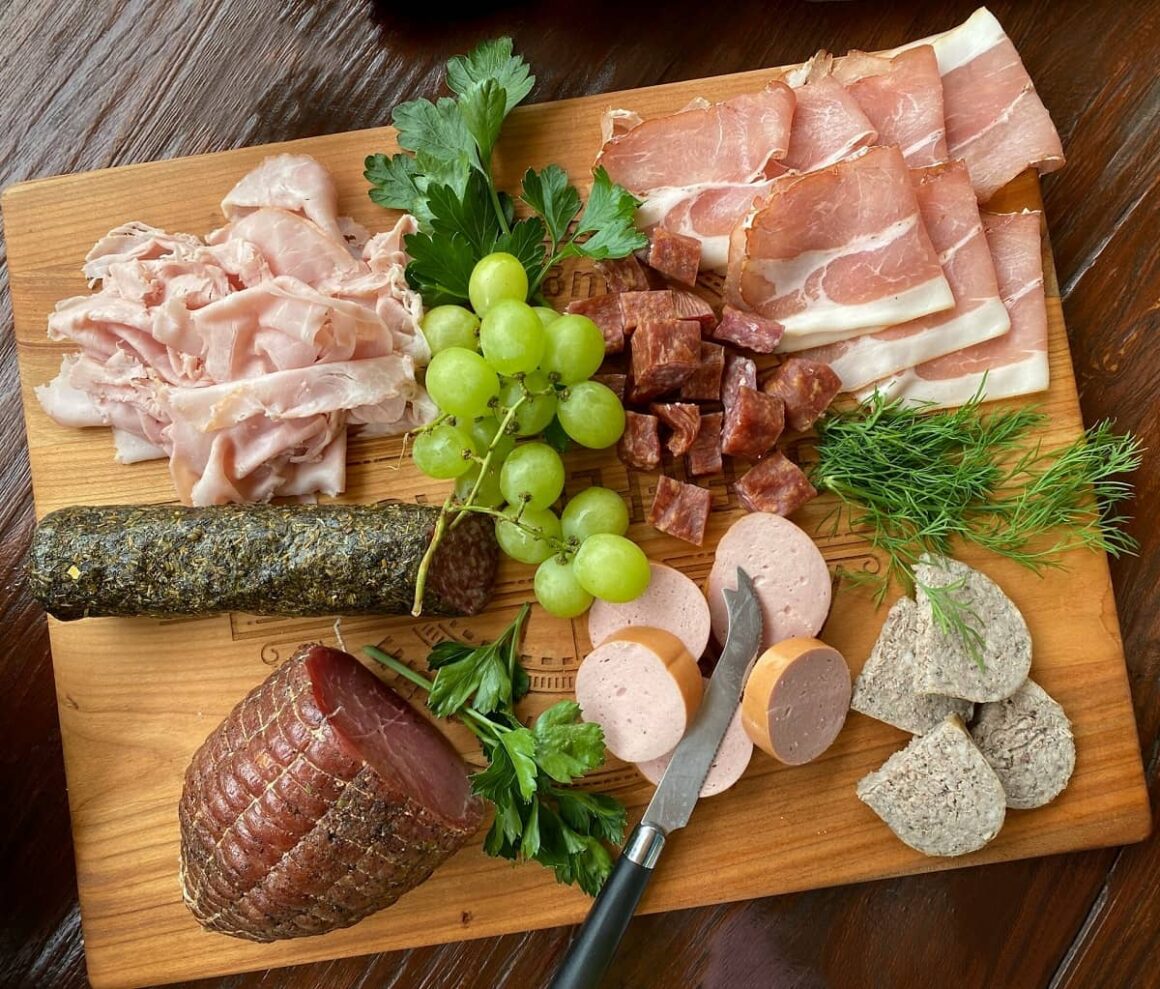
Freshly sliced deli meats might contain Listeria if not handled properly. In 2020, a Listeria outbreak linked to deli meats caused hospitalizations and one death. Always opt for freshly sliced and consume them quickly.
9. Sprouts

These tiny greens are nutrient-packed but can also be bacteria-packed. Sprouts grow in warm, humid conditions ideal for bacterial growth. Multiple recalls in 2018 highlighted the risks. Enjoy your sprouts with caution.
10. Soft Cheeses
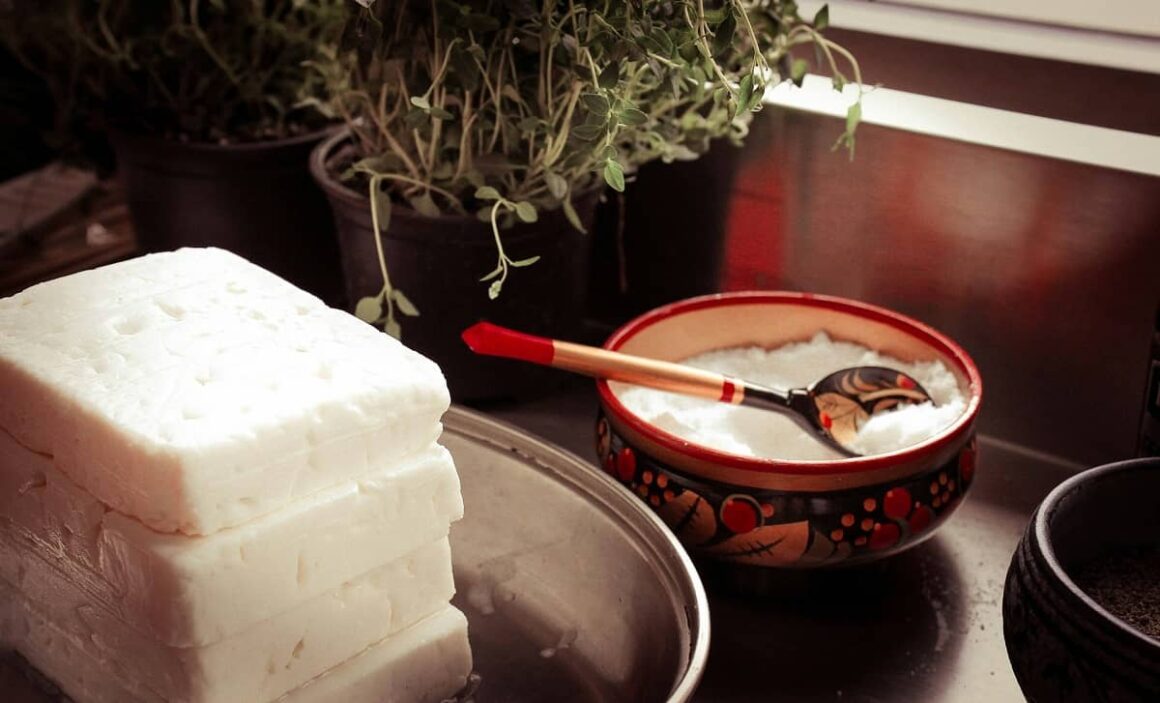
Soft cheeses, especially those made from unpasteurized milk, can harbor Listeria. In 2022, several soft cheeses were recalled. Ensure your brie and camembert are made from pasteurized milk to enjoy them safely.
11. Pre-Cut Melons

Convenient but risky. Pre-cut melons can be contaminated during processing. A 2018 Salmonella outbreak linked to pre-cut melons affected 77 people. Buying whole melons and cutting them yourself is a safer bet.
12. Raw Milk
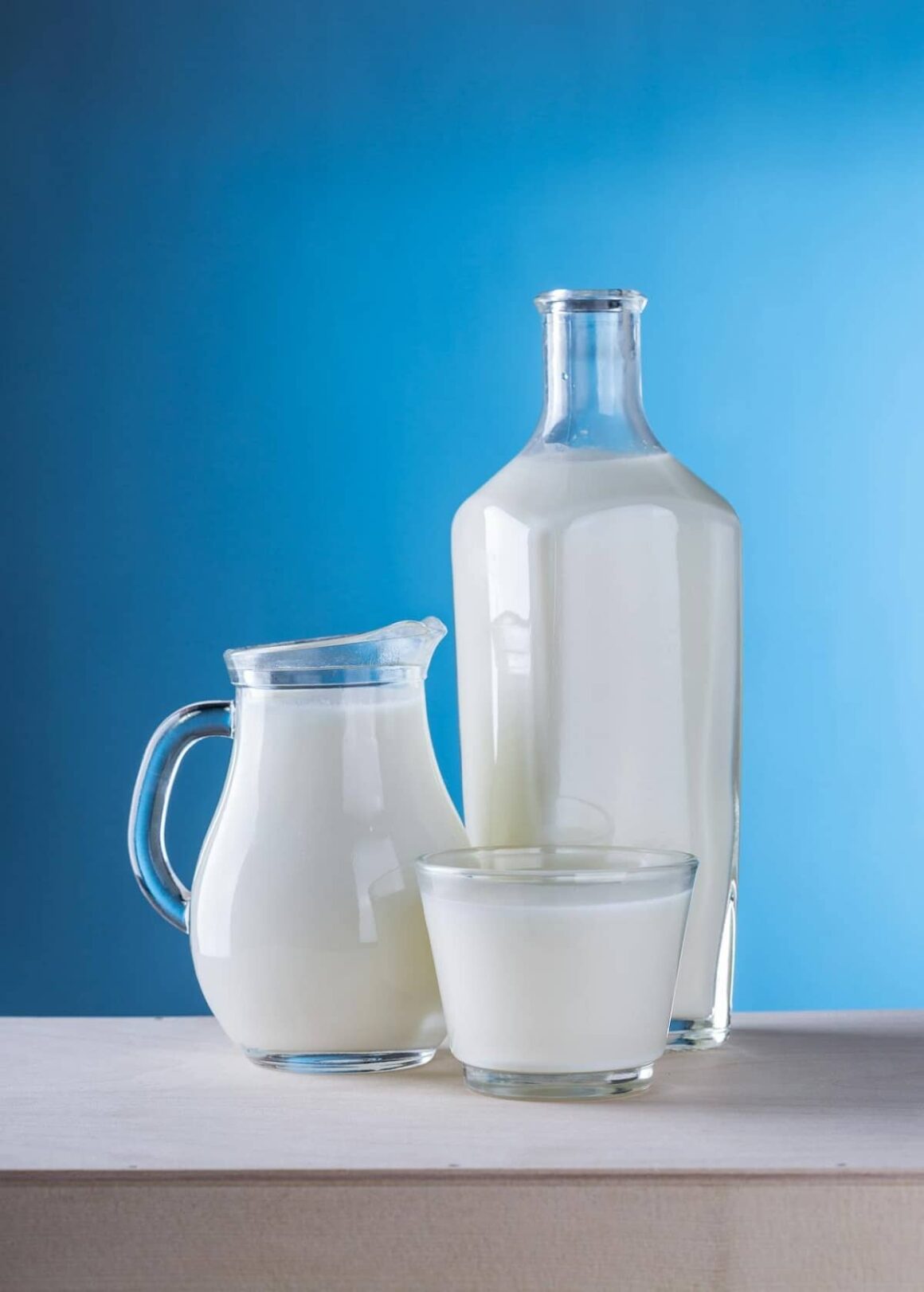
Raw milk can be a cocktail of harmful bacteria, including Salmonella, E. coli, and Listeria. Despite being illegal in many states, raw milk continues to cause outbreaks. Pasteurized milk is a much safer option.
13. Frozen Berries
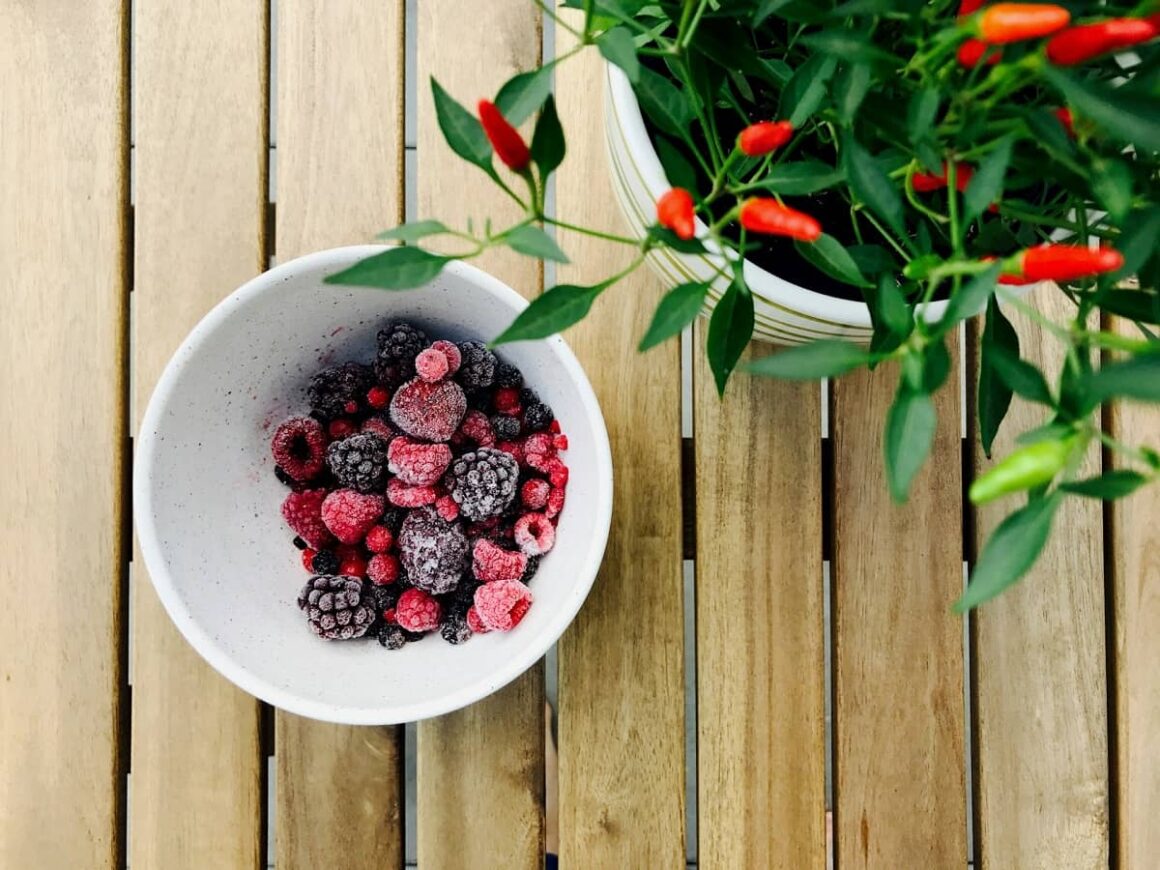
Frozen berries can harbor the Hepatitis A virus. In 2019, frozen berries were recalled from major retailers. Rinse frozen fruits thoroughly before use, even if they’re destined for your morning smoothie.
14. Peanut Butter

A pantry staple with a dark side. Peanut butter can be contaminated with Salmonella during processing. In 2022, a major brand recalled products due to contamination. Stay updated on recalls to keep your PB&J safe.
15. Prepared Foods (Like Chicken Salad)

Pre-made foods can be a bacterial buffet. In 2021, a Listeria outbreak linked to precooked chicken products affected multiple states. Consume these foods quickly and ensure they’re kept at the right temperature.
Remember, proper food handling, cooking, and storage can significantly reduce the risks associated with these foods.
Stay informed about recalls and follow food safety guidelines to protect yourself and your family.

